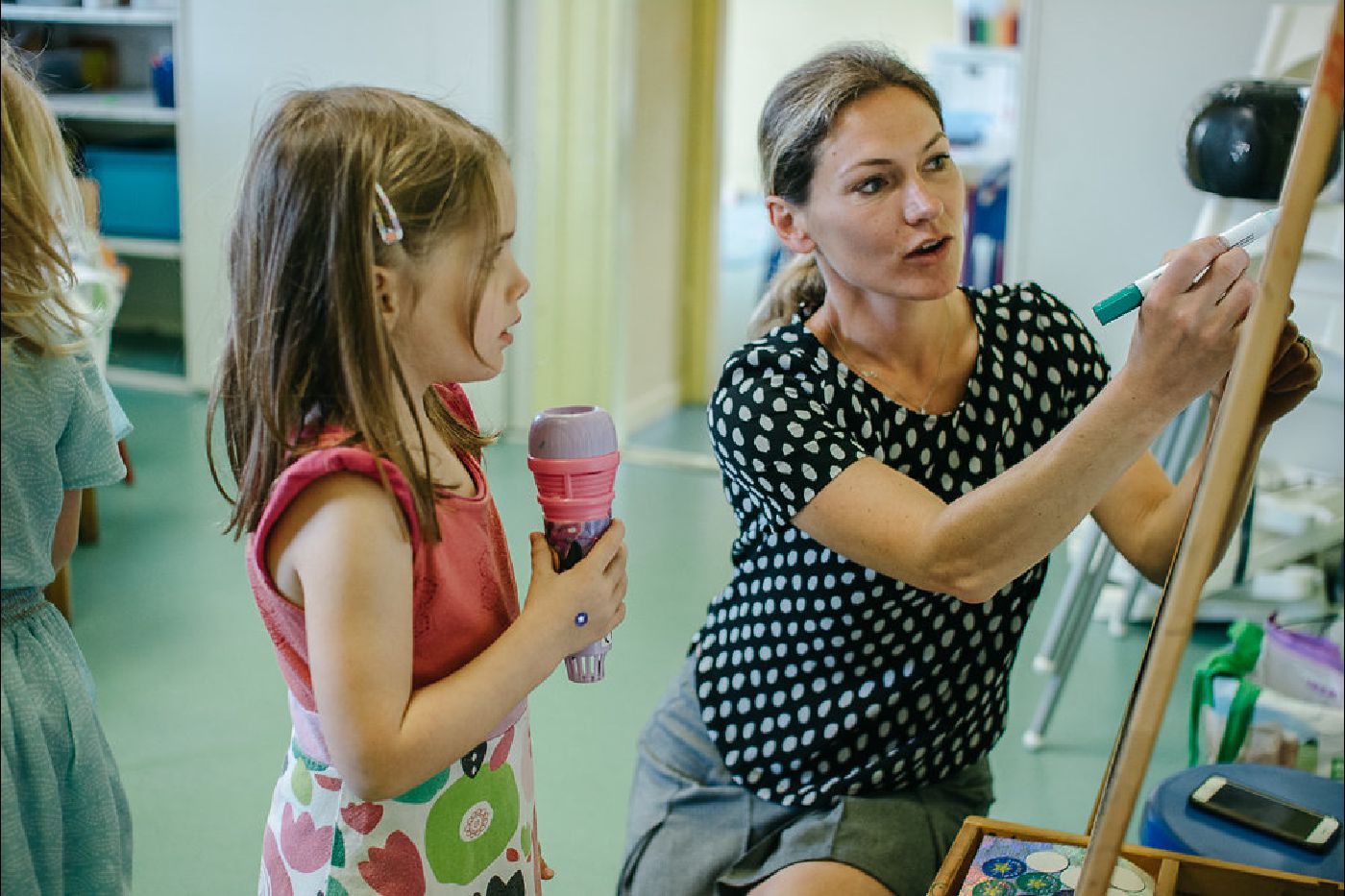LEARN
Teaching English-speaking children how to read and write in English
PLP provides weekly 90 minute classes that enable English-speaking children aged 4- 10 to develop their skills and confidence reading and writing in English.
We cater for the needs of children who understand and speak English fluently, but are enrolled in a French or Swiss school and do not have the opportunity to learn English literacy skills.
Frequently, our programme provides the basis for them to join the ENP in France when they reach the age of 8. Children who attend Swiss schools often choose to continue with us until they start secondary school.
Almost ready to read?
We also offer an early literacy skills class for children aged 3-4. Find out more here!
